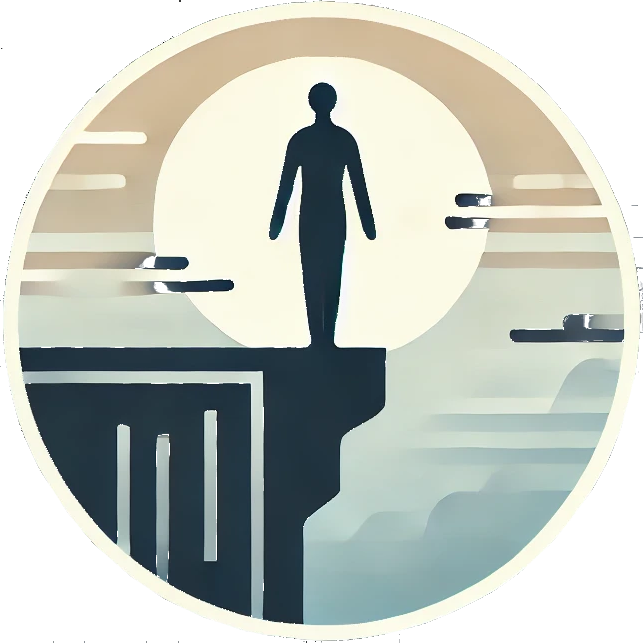There’s a strange pressure that creeps into the inner journey — the pressure to be further along than you are.
To be clearer. Stronger. More focused. More enlightened.
To already embody the things you’re only just beginning to glimpse.
Sometimes people read reflections like these and assume they came from someone who arrived in a single moment of stillness.
As if one or two sessions of meditation revealed everything.
But the truth is far less glamorous.
What I know now, I learned slowly. Over time.
Through quiet practice. Through repetition. Through years of not knowing what I was doing.
There were long seasons where I felt no shift, no change, no reward.
But for some reason, something in me kept going.
And looking back, that’s what shaped me most — the choosing to return, even when I didn’t understand why.
This path, for many, is not a series of breakthroughs.
It’s the quiet consistency of presence.
The daily practice that feels small, even forgettable.
But somehow, it softens you.
It refines the edges.
It teaches you how to sit with yourself, how to speak less, how to see more clearly.
There are practices that work like this.
Done regularly, they begin to polish the heart.
They align your attention. They deepen your awareness.
They reconnect your outer life with your inner clarity.
They don’t always feel profound.
Sometimes they feel like repetition.
Sometimes they feel like nothing at all.
But they are working on you. Quietly. Faithfully.
And if you keep showing up, you begin to feel the shift.
There is no need to rush.
You are allowed to be learning.
You are allowed to be in the middle.
You are allowed to have days where it all feels distant, and still come back the next day.
You are not a project to be completed.
You are a soul being shaped.
And shaping takes time.
So let yourself be in progress.
Let yourself be softened slowly.
Let the work work on you.
And trust that the roots are growing, even when you cannot see them.
